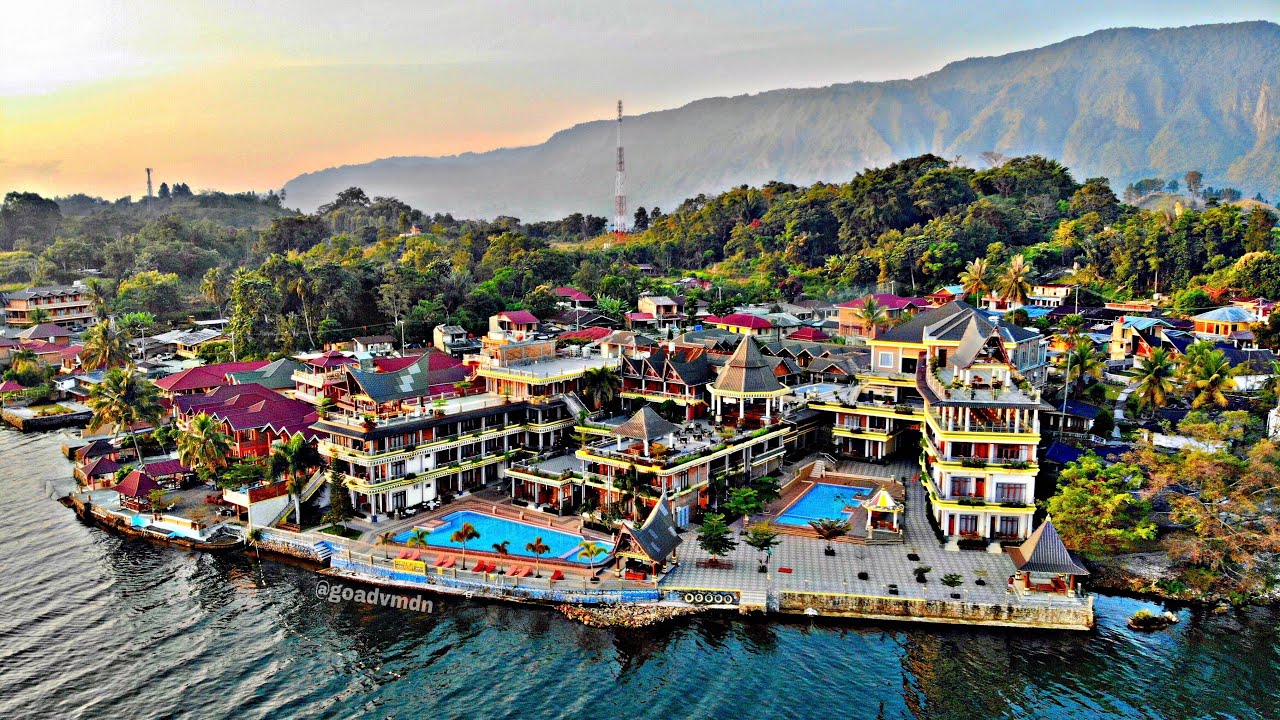
John Hawk Insunrated – Illegal Tourism Fees in Indonesia are becoming a widespread challenge that many tourists encounter during their travels. Local operators at parks temples and coastal destinations frequently demand unofficial charges beyond published ticket prices. These extra fees often appear as parking charges guide fees or security surcharges and they may vary by visitor nationality or time of day. Such unexpected costs frustrate travelers and hurt Indonesia’s appeal. Many visitors report feeling confused or even threatened when asked to pay outside official counters. In some cases groups of tourists were turned away or delayed until payment was made. Tourism authorities have yet to fully address the scale of the issue. Local communities may support these unofficial collections but travelers often receive no receipts or acknowledgment. Tourists deserve clear policies and protection. Without intervention the problem continues to damage Indonesia’s reputation for welcoming hospitality.
Illegal Tourism Fees in Indonesia frequently emerge at major attractions like temples coastal viewpoints and rural entry gates. Many visitors to Bali Komodo Island Borobudur and Raja Ampat share stories about being asked for extra cash by unofficial staff. Tour guides who lack proper certification also charge high fees to show up at park entrances. Vendors or local volunteers often become gatekeepers who demand payment before allowing tourists to enter. These fees can range from a few dollars to large sums depending on group size or location. Visitors are often informed that these payments support local maintenance or community services but they rarely receive formal documents. Some municipalities have started awareness campaigns to inform tourists about official fees. Yet enforcement remains inconsistent. Until laws are enforced and locals receive proper training the practice persists. Transparency about pricing needs to reach all parts of the tourism chain.
Tourists can take steps to protect against illegal fees before they arrive or while traveling. Researching official ticket prices on government tourism sites helps set expectations. Avoid paying anyone who claims to be an official guide unless they carry visible ID or certification. Arrive early at attractions to see official counters first and ask for printed tickets. Use apps or local forums to confirm pricing and payment procedures. Ask your accommodation for legible guidance about local fees. If approached by someone demanding money ask politely for documentation or official name tag. Do not follow individuals who appear outside recognized channels. Instead walk to official entry points. Taking photos or video of the interaction can help if disputes arise later. When in doubt refuse politely and insist on official confirmation. These simple steps prevent unnecessary payments and support responsible tourism practices.
Visitors pay most illegal tourism fees under the impression that they support local services. Yet many communities see minimal benefit because the funds go into informal pockets. Without oversight local leaders struggle to account for collected money. In some areas local youth or non official workers collect fees and provide no meaningful service in return. When authorities are alerted these issues are often handled informally rather than through legal channels. Proper training of local staff and clear signage at sites could help reduce confusion. Tourism boards in several regions have launched hotlines and feedback forms to report illegal charges. Authorities need to collaborate more closely with village leaders and operators. A formal certification system for local guides and visitors services is essential. Transparency about fee distribution will build trust. Until such oversight is established travelers may continue to encounter unexpected charges and cultural misunderstandings.
“Read more: Scientists Just Found a Real-Life Chimera, And It’s Not What You Think!”
Communities organizations and governments must collaborate to raise awareness among both tourists and locals about proper fees and procedures. Campaigns using posters brochures social media and local media can inform readers about official pricing and reporting mechanisms. Training locals to serve visitors with accurate guidance reduces reliance on informal collections. Tourist associations can work with operators to standardize entrance fees and offer official receipts. Governments should set up complaint systems and clear reporting options in multiple languages. Tourists themselves play a role by researching fees before arrival and speaking out when overcharged. Press coverage and online reviews can expose problematic locations and put pressure on local operators to change practices. Over time consistent enforcement and education can discourage illegal fees and promote a healthy tourism economy. Indonesia can preserve its reputation as a friendly and affordable destination if travelers and residents work together toward transparency.
John Hawk Insunrated - personal experiments that changed my approach to daily decisions have profoundly influenced my mindset and problem-solving…
John Hawk Insunrated - creativity doesn’t have complicated formulas or rules, yet many assume innovation requires complex methods. Simplifying creativity…
John Hawk Insunrated - travel inspires my creative projects by opening new perspectives, enriching experiences, and sparking innovative ideas that…
John Hawk Insunrated - curiosity plays a vital role of curiosity personal growth by motivating individuals to explore new ideas,…
John Hawk Insunrated - Maintaining consistent creativity requires more than occasional bursts of motivation. Many artists, writers, and innovators have…